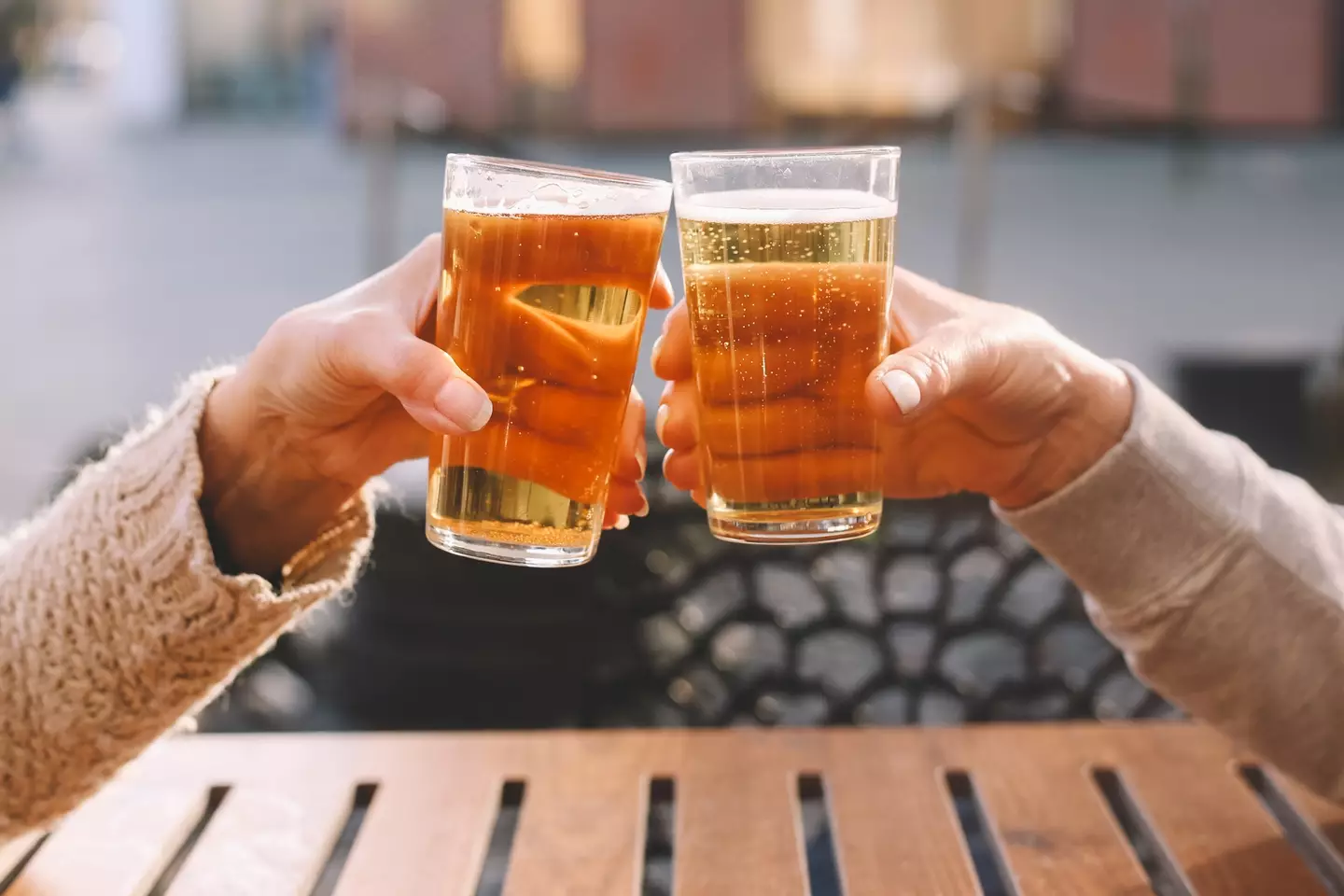
We all know that alcohol can take a toll on the body, from hangovers to long-term liver damage.
Drinking more than 14 units of alcohol each week on a regular basis can put your health at risk, with research in recent years shedding light on various ailments associated with regular drinking, including several types of cancer.

New research, published in the journal Neurology, suggests the damage might extend even further.
Advert
Scientists are now finding that people who drink heavily may face a greater risk of suffering earlier and more severe brain bleeds, known as intracerebral hemorrhages, which are one of the deadliest types of stroke.
Heavy drinkers were defined in the study as those who had at least three drinks per day. Although the data doesn’t prove that alcohol directly causes earlier or more severe brain bleeds, it does support research showing that heavy drinking can damage blood vessels and increase the risk of cardiovascular disease.

Researchers examined 1,600 patients who had suffered brain bleeds at Massachusetts General Hospital between 2003 and 2019. Alcohol use was recorded during their hospital stay, either from the patients themselves or from a friend or family member. On top of that, brain MRI scans were available for 75% of the patients, giving the team even more insight.
What they found was striking: heavy drinkers often had higher blood pressure and fewer blood-clotting cells - both of which can make brain bleeds more likely and more severe.
Heavy drinkers were three times more likely to show signs of accelerated brain ageing, particularly damage to the brain’s white matter. They were also more than 90% more likely to lose their independence after a stroke, meaning that they would need help with everyday activities like dressing, bathing, or moving around when they left the hospital.
If you’re wondering how much is 'too much' when it comes to alcohol, the advice from the NHS states that men and women should not drink more than 14 units a week on a regular basis. And if you’re thinking about cutting down, it could be good to aim for a few completely drink-free days each week.
Keep in mind that one alcoholic drink does not simply equal one unit of alcohol; it varies based on the drink's size and alcohol by volume (ABV). One unit is defined as 10ml of pure alcohol.
